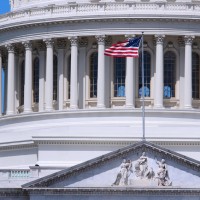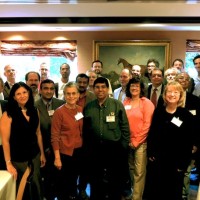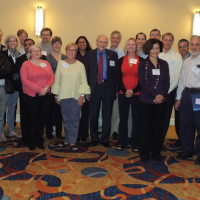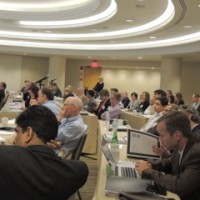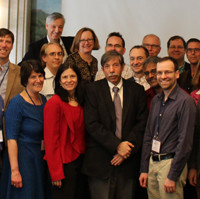
Computing Researchers Get ‘Schooled’ on Science Policy at LiSPI 2015
As part of its mission to develop a next generation of leaders in the computing research community, the Computing Research Association’s Computing Community Consortium recently held its third Leadership in Science Policy Institute (LiSPI) on April 27-28 in Washington, D.C. This one-and-a-half day workshop intended to educate a cadre of computing researchers on how science policy in the U.S. is formulated and how our government works. Participants heard candid and “off the record” views from people who do it or have done it. Thirty-six computer scientists and engineers from 30 different universities and research organizations attended.



